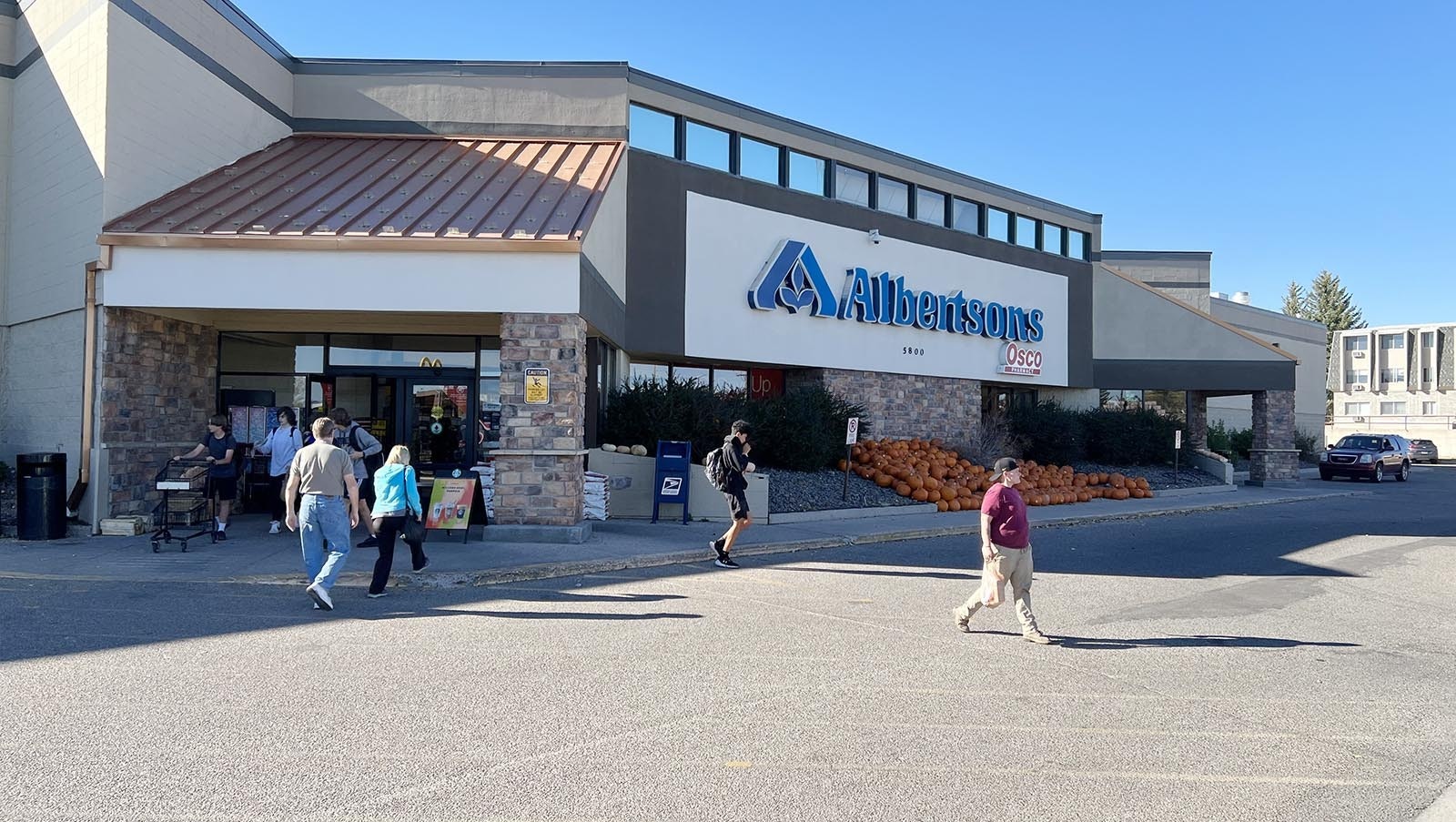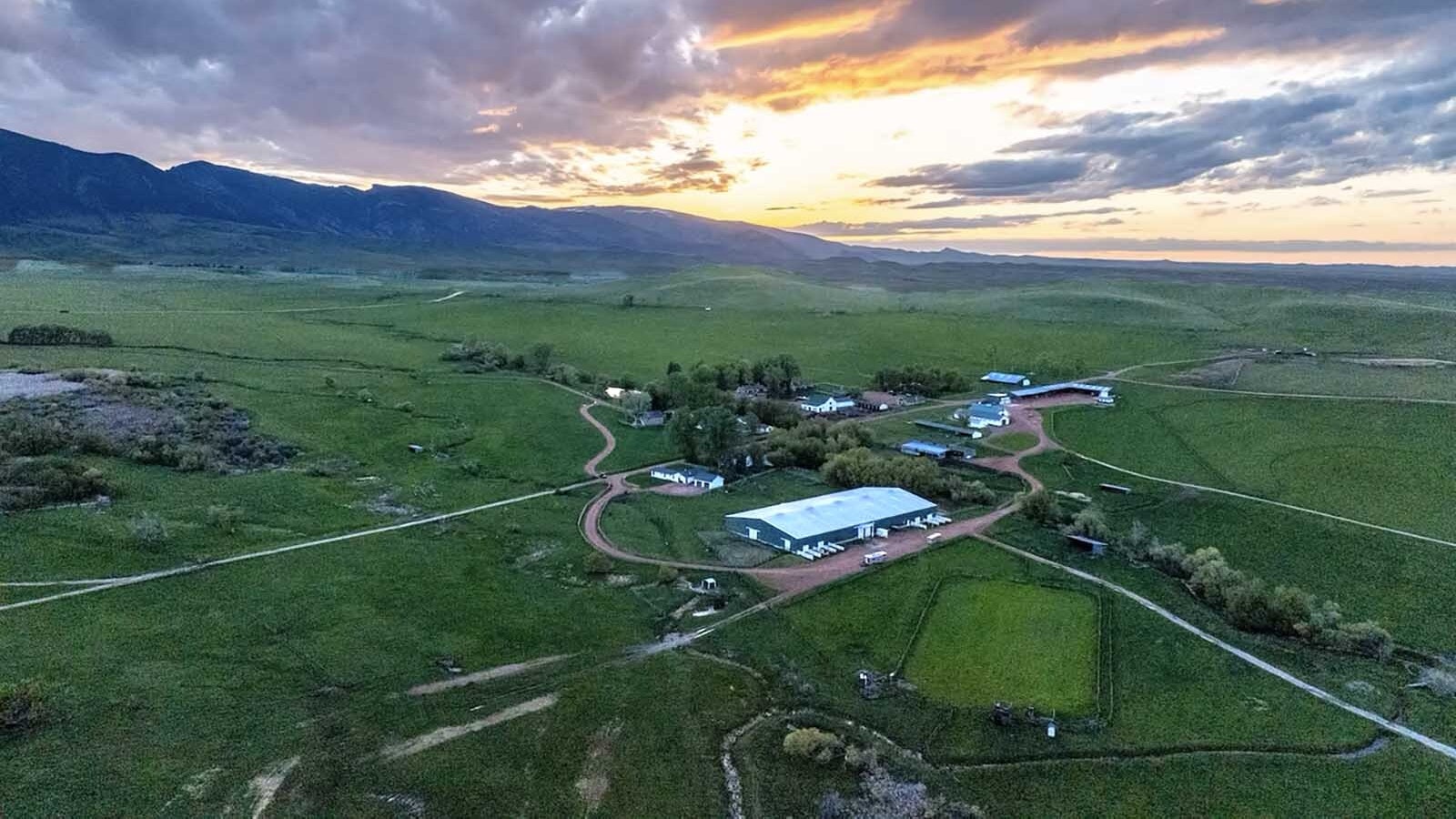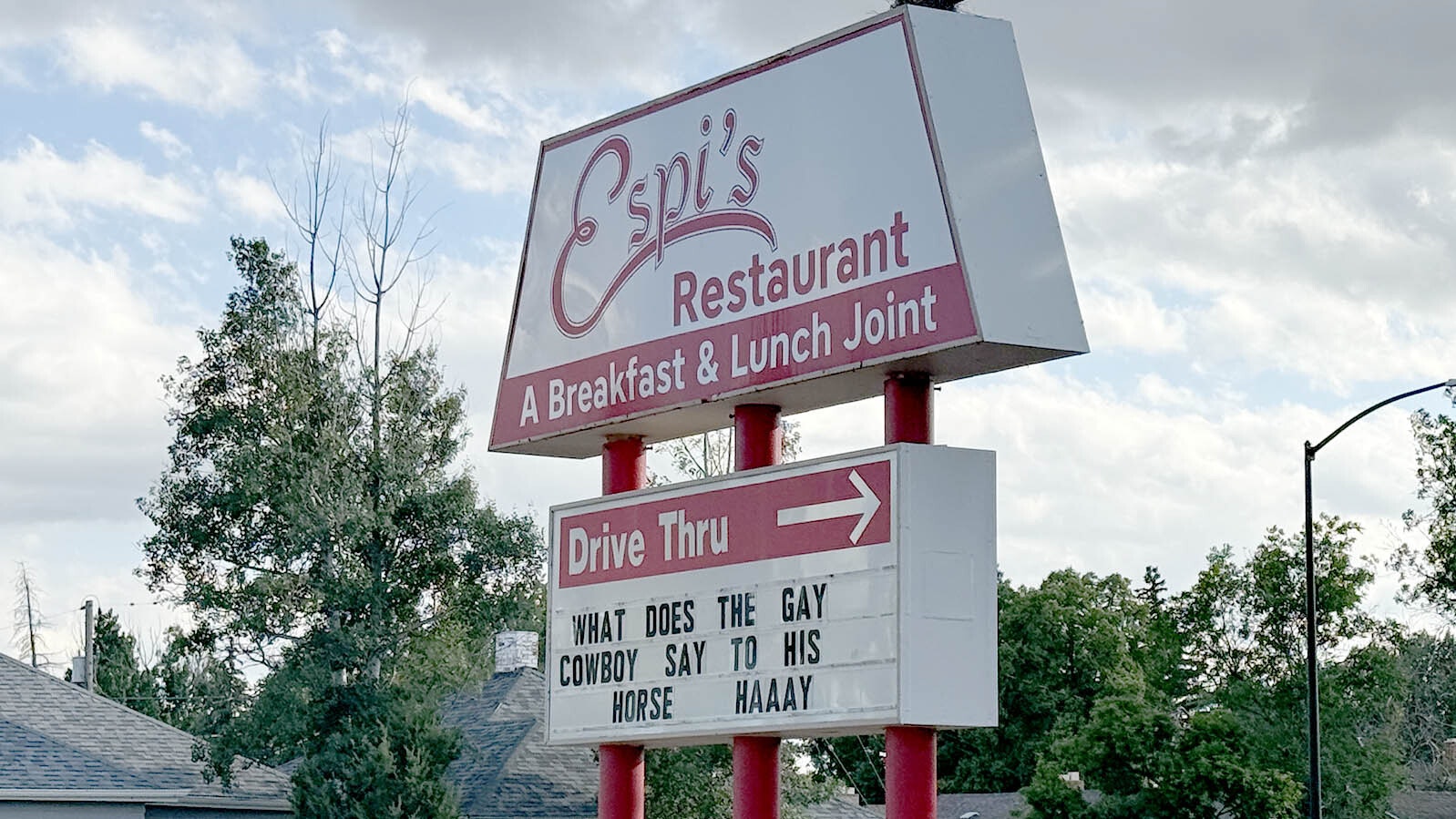Kroger and Albertsons together have already spent almost $1 billion to push through a planned $25 billion merger of powerhouse grocery retailers, according to documents filed with the U.S. Securities and Exchange Commission.
Kroger has the lion’s share of merger expenses at $535 million through May 25. That compares to Albertsons’ $329 million through June 15. Kroger has also agreed it will pay Albertsons $600 million if the deal falls through.
With three court cases teed up against the merger — one from the Federal Trade Commission and nine states, including Wyoming, and one each from Colorado and Washington — merger costs will continue to accumulate.
In the Colorado case, Judge Andrew J. Luxen of the district court for the city and county of Denver has put the merger on hold while that case is decided. A review of the merger’s merit is set for Sept. 30.
Kroger and Albertsons agreed to temporarily pause the merger during the course of legal challenges, negating the need for a preliminary injunction hearing that had been scheduled for August. The move eliminated some of the many hearings they face.
Weiser, in filing Colorado’s lawsuit, said the two companies compete head-to-head in many ways, and that merging them would create a significant reduction in competition in an already heavily concentrated market.
He was pleased with the court’s decision to put the merger on hold while the Colorado case is heard.
“We won the first step of our case against the Kroger/Albertsons merger, proving a reasonable probability that the merger is illegal,” he said on X (formerly Twitter). “The judge has put in place a temporary pause on the merger; in late September we go to trial to stop it entirely.”
UFCW, FTC Concerns Echoed
Weiser’s concerns echo those of both the FTC and UFCW Local 7, which represents about 750 Wyoming workers.
UFCW Local 7 President Kim Cordova has told Cowboy State Daily she’s concerned about potential job losses, as well as food and pharmacy deserts, increased food prices and risks to retirement plans.
To ensure the deal goes through, Kroger and Albertsons have agreed to sell up to 650 stores to ensure the deal goes through to C&S Wholesale Grocers, a supply company that also owns some Piggly Wiggly stores.
But to Cordova, that sounds a lot like past mergers that haven’t gone so well, like the Safeway-Albertsons merger in 2015. To appease antitrust regulators that competition would be preserved, a number of stores were sold off to Haggen grocery during that merger.
Less than a year later, Haggen was bankrupt.
Thousands of workers lost jobs and retirements as a result of Haggen’s failure, forcing them to start all over. And Albertsons picked up many of the same stores that had been divested at a fraction of their original cost, leaving many of those involved in that merger with a sour taste.
“They sell them a lemon, basically,” Cordova told Cowboy State Daily. “They’re not going to let that competitor thrive.”
Workers weren’t the only losers, Cordova contends. Consolidation in the grocery store sector has led to food deserts, particularly in the West.
A map of USDA’s low-access, low-income food areas shows that Wyoming food deserts did grow in that timeframe following that merger.
Merger Needed To Compete
Kroger and Albertsons have both told Cowboy State Daily in emailed statements that the companies need this merger to remain competitive now that there are so many superstores that sell groceries.
Walmart, Costco and Amazon are all so large they can dictate retail prices that are, in some cases, lower than wholesale. Small business owners have mentioned this phenomenon in the Cowboy State in various communities.
By combining into one Albert-Krogerson entity, company officials hope to achieve the same critical market mass so they, too, can dictate a few prices of their own.
In congressional hearings, Kroger CEO Rodney McMullen told lawmakers the merger would create “meaningful and measurable benefits for customers by lowering prices, beginning on Day One.”
“It’s exciting to see the complementary strengths of both organizations,” he added. “And how we’ll be able to learn from each other to provide customers with an even stronger food retail experience and compete even more effectively against larger non-union operators in the future.”
Albertsons has said blocking the merger would hurt consumers.
“If the Federal Trade Commission is successful in blocking this merger, it would be hurting customers and helping strengthen larger, multi-channel retails such as Amazon, Walmart and Costco — the very companies the FTC claims to be reining in — by allowing them to continue increasing their growing dominance of the grocery industry.”
A Kroger spokesperson told Cowboy State Daily that joining with Albertsons means lower prices and more choices for more customers in more communities, long-term job security, $1 billion in higher wages and more industry-leading benefits for associates, as well as a strong unionized workforce.
“The divestiture plan builds on these commitments by ensuring zero stores will close as a result of the merger, all frontline associates will remain employed, all existing collective bargaining agreements will continue, and associates will continue to receive industry-leading benefits alongside bargained-for wages,” the spokesperson added.
"The divestiture plan also extends a well-capitalized competitor into new geographies. C&S’s strong operational focus and financial resources will position the divested stores to successfully operate and serve their communities for years to come,” the spokesperson said. “If the merger is blocked, the nonunion retailers like Walmart and Amazon will become even more powerful and unaccountable.”
Telling Moment Ahead
The FTC studied the Albertsons and Kroger merger for about a year before finally suing to block it in February.
Wyoming was one of nine states to join the suit, which highlighted comments from one of the executives saying that with this merger “you are basically creating a monopoly in grocery.”
FTC, as well as UFCW Local 7, have also both highlighted the substantial profits that both Kroger and Albertsons have reported amid an inflationary period that has strained middle-class budgets, as well as questioned impacts of so much consolidation for consumers and to workers.
“This supermarket mega merger comes at a time when American consumers have seen the cost of groceries rise steadily over the past few years,” FTC Bureau of Competition Director Henry Liu said at the time. “Kroger’s acquisition of Albertsons would lead to additional grocery price hikes for everyday goods, further exacerbating the financial strain consumers across the country face today.”
The FTC’s suit is set to begin in late August with a preliminary injunction hearing. The outcome of that will be a telling moment for all parties involved, showing which way the legal winds are likely to blow.
An injunction would tend to suggest the FTC has a strong case and is likely to succeed on the merits, while losing would tend to suggest that the advantage belongs to Kroger and Albertsons merger.
Renée Jean can be reached at renee@cowboystatedaily.com.





